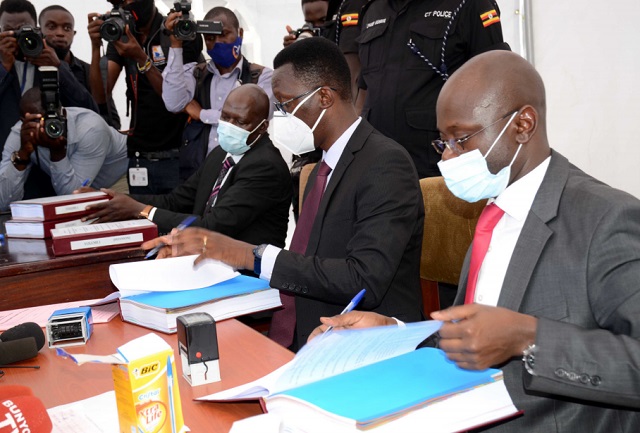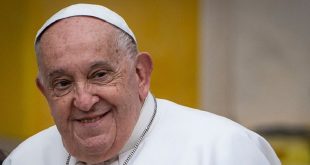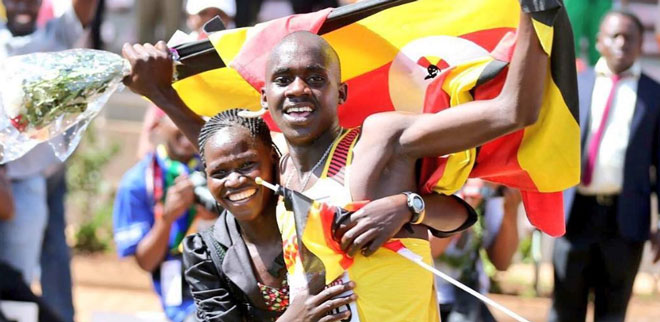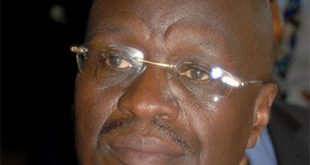
The numbers game
The Ugandan case of Kizza Besigye vs. Yoweri Kaguta Museveni following the 2006 election is often used by legal experts to show how the substantial effect rule is exploited to uphold an election.
The Uganda Presidential Elections Act states: The election of a candidate as a president shall only be annulled on any of the following grounds, if proved to the satisfaction of the court:(a)…that the election was not conducted in accordance with the principles laid down in those provisions and that the non-compliance affected the results of the election in a substantial manner.
In Besigye’s 2006 case, the issues for decision by the Supreme Court of Uganda were:1.Whether there was non-compliance with the provisions of the Constitution, Presidential Elections Act and Electoral Commission Act, in the conduct of the 2006 presidential election; 2.Whether the election was not conducted in accordance with principles laid down in the Constitution, Presidential Elections Act and Electoral Commission Act;3.Whether, if either of the first or second issues were answered in the affirmative, such non-compliance with the said laws and principles affected the results of the election in a substantial manner; and 4.Whether the alleged illegal practices or any electoral offences in the petition were committed by the president personally, or by his agents with his knowledge and consent or approval.
The Supreme Court judges unanimously agreed with Besigye that the election was marred by numerous illegalities and irregularities, including disenfranchisement of voters through unlawful deletion of names from the voters’ register; wrongful counting and tallying of results; bribery; intimidation; violence; multiple voting; and ballot stuffing.
But on the third issue; whether these irregularities affected the election results, the judges disagreed. By a majority of four to three, the Court held that the failure to comply with the provisions and principles in the law did not affect the election in a substantial manner.
The majority dismissed the petition, holding that in determining if the irregularities and malpractices affected the results in a substantial manner, numbers were the sole measuring yardstick. Since in terms of votes garnered, the gap between the winner and the runner up could not be bridged even if the anomalies were taken into account, the court could not tamper with the results.
In the Kenya case of Presidential Petition no. 1 of 2017 between Raila Amolo Odinga and Uhuru Muigai Kenyatta, the petitioners pushed to ensure that they had substantial numbers in their submissions.
In that election, 19, 646, 673 people were registered as voters. Kenyatta was declared winner of the election with 8,203,290 votes and Odinga, the runner up with 6,762,224 votes. That is a difference of about 1.5 million voters.
In court, Odinga first filed a demand to be allowed to scrutinize the vote declaration forms that the Electoral Commission used and technological materials it based on.
Then they argued numbers. They said that upon scrutiny of the total rejected and spoilt votes, the court would confirm that a total of 395,510 votes were unlawfully deducted from Odinga and added to Uhuru.
They also said the data and information recorded in the declaration forms at the individual polling stations were not accurately and transparently entered into the Electoral Commission kit at the individual polling stations and specifically that in “more than 10,000 polling stations, the data entered into the kits was not consistent with the information and data from the respective declaration forms.
Then they pleaded that “in excess of 14,000 fatally defective returns from polling stations representing in excess of 7 Million votes” were allowed into the vote tally without verification at all. Does Bobi Wine’s team have such numbers?
Access denied
Also, the Odinga team argued that the Electoral Management System (EMS) was hacked and tampered with to favour Uhuru. So the Court appointed its own IT experts to assess the Electoral Commission Servers and report their findings to the Court. But the electoral commission, in violation of the Court order, declined to give the Court appointed IT experts access to critical areas of the server. This upset the judges.
“Where do all these inexplicable irregularities, that go to the very heart of electoral integrity, leave this election,” they asked in their final ruling.
They added: It is true that where the quantitative difference in numbers is negligible, the Court, as we were urged, should not disturb an election. But what if the numbers are themselves a product, not of the expression of the free and sovereign will of the people, but of the many unanswered questions with which we are faced?
“In such a critical process as the election of the President, isn’t quality just as important as quantity,” they said
“In concluding this aspect of the petition, it is our finding that the illegalities and irregularities committed by the 1st respondent (the Electoral Commission) were of such a substantial nature that no Court properly applying its mind to the evidence and the law as well as the administrative arrangements put in place by IEBC can, in good conscience, declare that they do not matter, and that the will of the people was expressed nonetheless.
“We have shown in this judgment that our electoral law was amended to ensure that in substance and form, the electoral process and results are simple, yet accurate and verifiable. The presidential election of 8th August, 2017, did not meet that simple test and we are unable to validate it, the results notwithstanding.
“A declaration is hereby issued that the 3rd respondent (Uhuru Kenyatta) was not validly declared as the President elect and that the declaration is invalid, null and void.”
 The Independent Uganda: You get the Truth we Pay the Price
The Independent Uganda: You get the Truth we Pay the Price




How will the court separate the Presidential and directly elected MPs election considering that they were conducted on the same day using the same EC processes under question by the petition.
Go and ask kenyan courts
Why don’t you take your case to Kenya then?
Exactly my thought, if Supreme Court rules that the presidential election wasn’t conducted in accordance with the law basing on the grounds of the petitioner, then it must follow by default that the entire 2021 elections weren’t in compliance with the law.
You haven’t replied but the gentleman asked a nice question
Ugandans how i wish we could go for dry clean fasting for a week, we would have seen the mighty hand of God upon this nation. We have distanced ourselves from God and thats the FACT, pray my people!!!!!